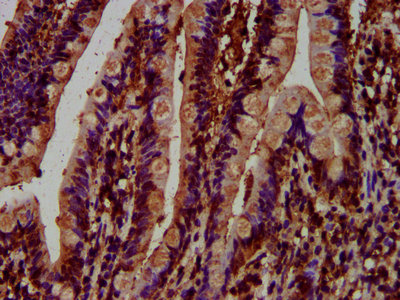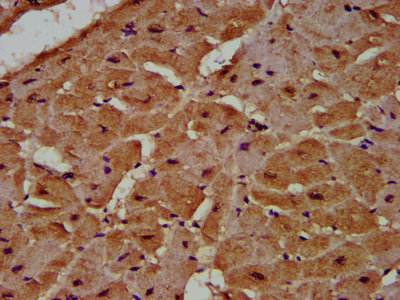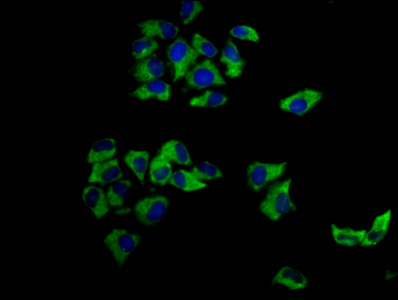Full Product Name
Rabbit anti-Homo sapiens (Human) MCC Polyclonal antibody
Alternative Names
Colorectal mutant cancer protein antibody; CRCM_HUMAN antibody; DKFZp762O1615 antibody; FLJ38893 antibody; FLJ46755 antibody; MCC 1 antibody; MCC antibody; MCC1 antibody; Mutated in colorectal cancers antibody; Protein MCC antibody
Immunogen
Recombinant Human Colorectal mutant cancer protein (479-611AA)
Immunogen Species
Homo sapiens (Human)
Conjugate
Non-conjugated
The MCC Antibody (Product code: CSB-PA013571LA01HU) is Non-conjugated. For MCC Antibody with conjugates, please check the following table.
Available Conjugates
| Conjugate |
Product Code |
Product Name |
Application |
| HRP |
CSB-PA013571LB01HU |
MCC Antibody, HRP conjugated |
ELISA |
| FITC |
CSB-PA013571LC01HU |
MCC Antibody, FITC conjugated |
|
| Biotin |
CSB-PA013571LD01HU |
MCC Antibody, Biotin conjugated |
ELISA |
Purification Method
>95%, Protein G purified
Concentration
It differs from different batches. Please contact us to confirm it.
Buffer
Preservative: 0.03% Proclin 300
Constituents: 50% Glycerol, 0.01M PBS, pH 7.4
Tested Applications
ELISA, IHC, IF
Recommended Dilution
| Application |
Recommended Dilution |
| IHC |
1:500-1:1000 |
| IF |
1:50-1:200 |
Storage
Upon receipt, store at -20°C or -80°C. Avoid repeated freeze.
Lead Time
Basically, we can dispatch the products out in 1-3 working days after receiving your orders. Delivery time maybe differs from different purchasing way or location, please kindly consult your local distributors for specific delivery time.
Usage
For Research Use Only. Not for use in diagnostic or therapeutic procedures.









